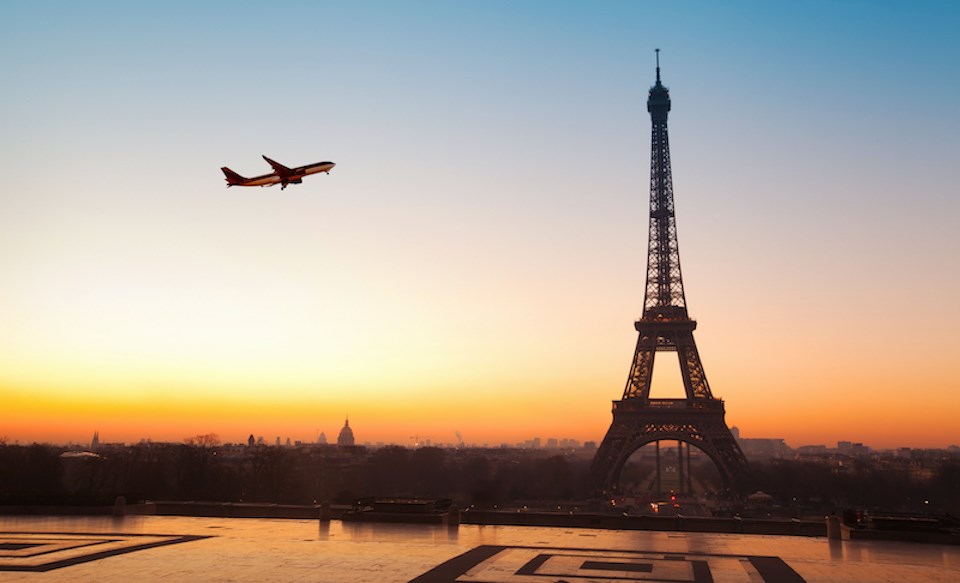France has implemented a new law that will ban short-haul domestic flights in the country -- and other countries may look to the new French transportation model as a prototype moving forward.
On Dec. 1, the European Commission green-lighted a ban on select domestic flights in France that may be completed by train, making it the first country on the continent to implement this type of policy.
Specifically, the law bans scheduled public flights on all routes in France that have multiple direct rail connections a day and take under two-and-half-hours to complete.
The rail trips must also provide service to the same cities as the airports concerned and without a change of trains between them. They must also offer "sufficient frequencies and satisfactory timetables."
The flight ban will remain in effect for three years, followed by an evaluation.
The move is part of France's sweeping plan to combat climate change, which is detailed in its August 2021 Climate and Resilience Law.
Canada travel and environmental considerations of the French flight ban
While lawmakers determined that the flight ban was necessary to reduce greenhouse emissions and meet France's climate targets, the concept was met with push-back from the travel industry.
In particular, many air carriers argued that the law discriminated between airlines and that it would be "ineffective and disproportionate to the intended objective," according to the European Union.
Airlines also noted that there are already multiple laws in place to reduce emissions, including the EU Emissions Trading System and other measures outlined in the Fit for 55 package, which was designed to meet the European Climate Law objectives.
But Greenpeace has weighed in on the new ban, highlighting that it is a "step in the right direction" but that its limited duration puts its success at risk.
Improved rail connections across Europe could replace nearly all 250 short-haul flights on the continent, saving "the equivalent of some 23.4 million tonnes of CO2 per year, or as much as the annual CO2 emissions of Croatia," according to the environmental organization's calculations.
So far, the law will only apply to a handful of domestic air routes, including ones between Paris-Orly (ORY) and Bordeaux (BOD), Nantes (NTE), and Lyon (LYS), according to the European Commission.
Other routes will be considered for the future but are currently excluded due to a lack of suitable rail service, including ones from Paris-Charles de Gaulle (CDG), as well as the Rennes (RNS) to Lyon route and the Lyon to Marseille (MRS) route.
The decision may encourage other countries to implement similar bans on short-haul flights in favor of increased rail or bus services.
In Metro Vancouver and across B.C., there have been calls for increased rail service across the province, including a high-speed rail line from Whistler to Downtown Vancouver that would complete the journey in just over half an hour.



